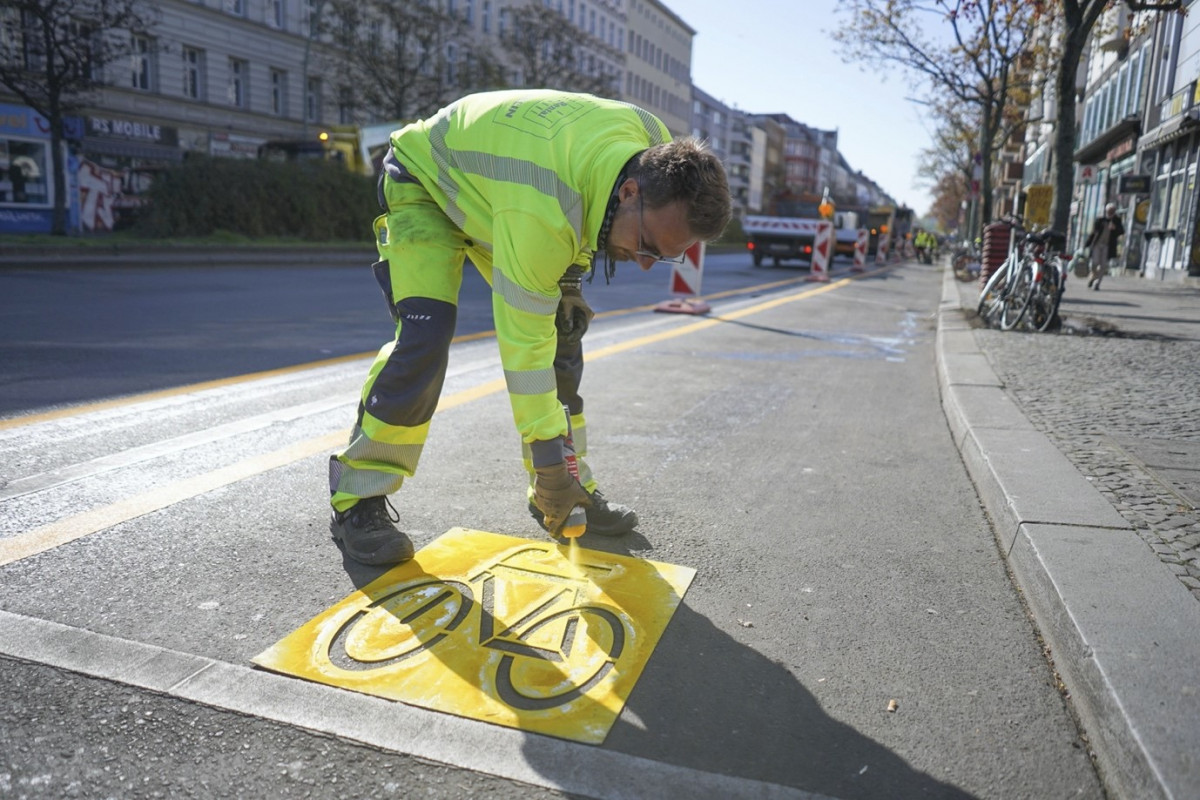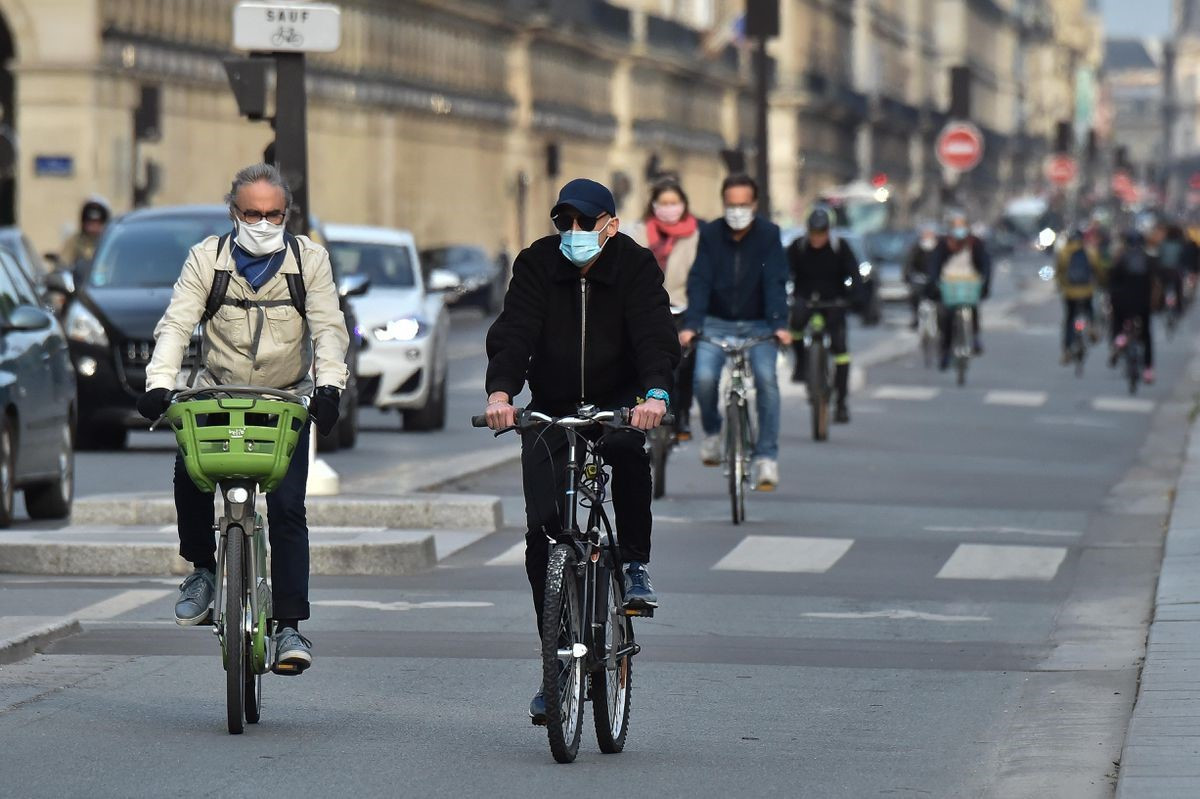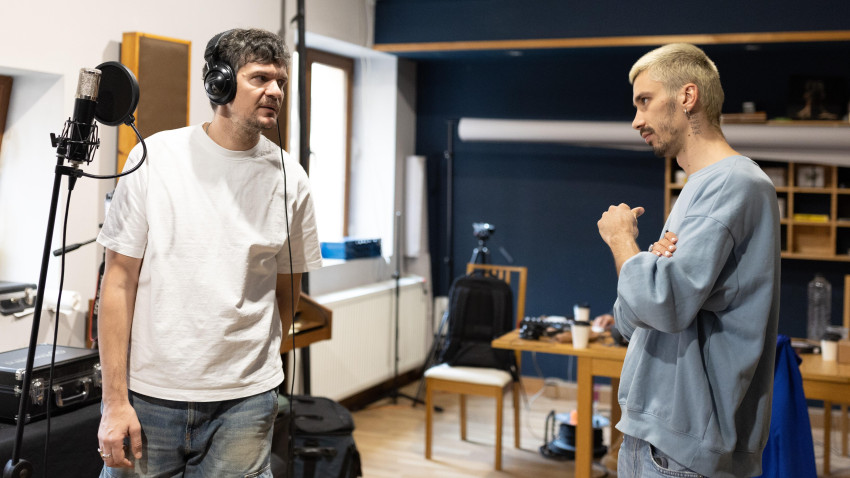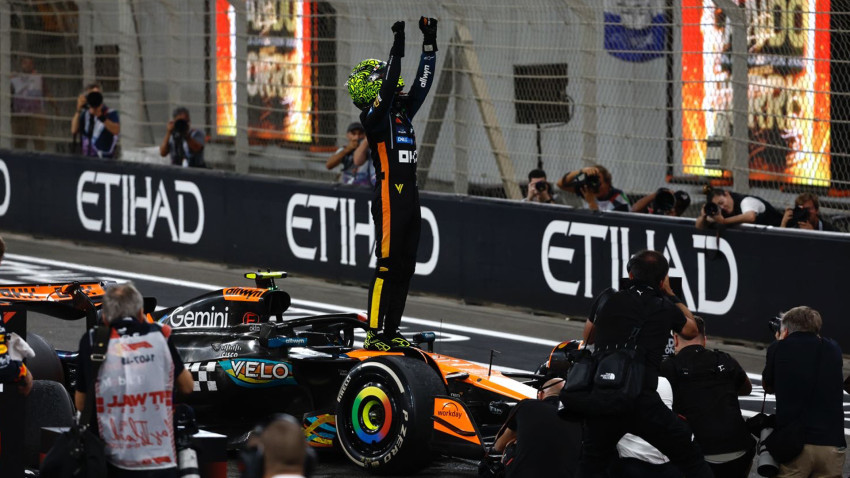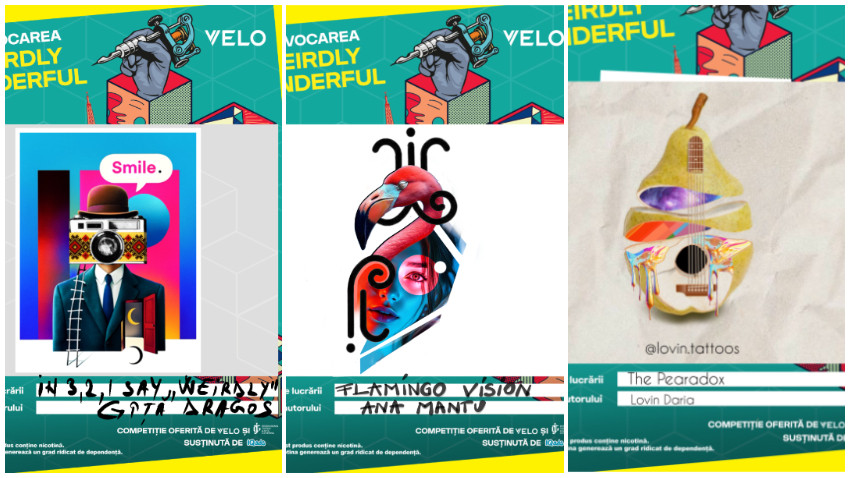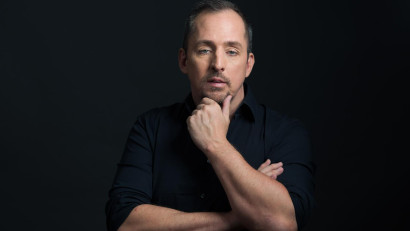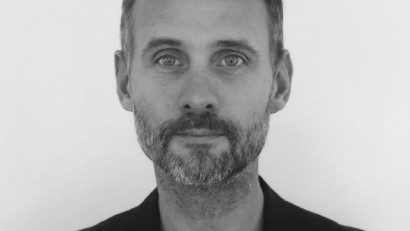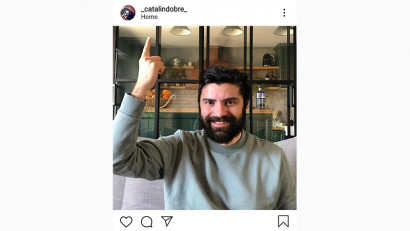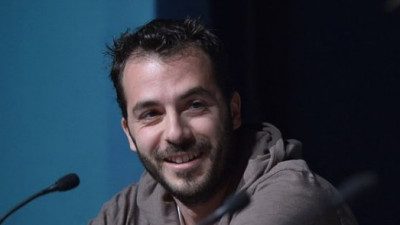The fear of public transport, the illumination of the power of exercise and the reports of improved air quality has led to a resurgence of more traditional methods of mobility, with people adopting more active ways of getting where they need to be. We have all seen the memes suggesting COVID-19 is the greatest driver of digital transformation the business world has ever seen, but perhaps bicycles aren’t far behind on the list of COVID beneficiaries.
There are few things that can claim to be living in a golden age right now, but cycling might just be one of them. In the US for example some bike stores reported a sales increase of 600% year-on-year for March and April. In Berlin, 14 miles (22 km) of new bike lanes have appeared almost overnight.
In Athens, the mayor has pledged to allocate 50,000 square metres of public space for cyclists and pedestrians. In Budapest, 12 miles of temporary bike lanes have been introduced on some of the city’s busiest roads in less than a month. And forget houses and hotels, perhaps cycle lanes will be the new Monopoly must-have as bollarded bike lanes have appeared everywhere from Euston Road to the prestigious Park Lane, in no time at all.
So it is safe to say that not only will our lives feel different and our transport systems be adapted, but our cities will be physically shaped by this pandemic. The look, the feel, the mood, the vibe; however you describe it, the soul of our cities could be changing right before our eyes. Cycling in cities has long been stuck in a ‘chicken & egg’ trap, many people do not cycle because they do not feel safe; not enough people cycle for municipalities to prioritise the safety of cyclists on the roads.
We have entered the post-lockdown period with some changed behaviours, some changed infrastructures and even some unintended benefits.
The subways with less hustle and bustle, perhaps more courtesies and even more smiles.
People spending more time with their heads above the ground, perhaps with their eyes more open.
Pedestrians more aware of their fellow walkers, perhaps with a stronger sense of unity.
Cyclists with more fresh air in their lungs and sun on their skin, perhaps with more peace of mind.
It is not only advertising channels that will be affected by the new infrastructures our cities adopt, but also the people we’re talking to.
-------
Amanda Jones is Chief Strategy Officer McCann Bucharest
These are the times when people need to learn from each other more than ever. Times when sharing knowledge is a practice everyone must embrace for the sake of better tomorrows to come. That’s why at McCann Romania, we decided to create a platform where everyone can share their pieces of advice for the industry in different formats. Strategic Hack is the format where experts prove through different perspectives that pretty much anything can be hacked with strategy.



